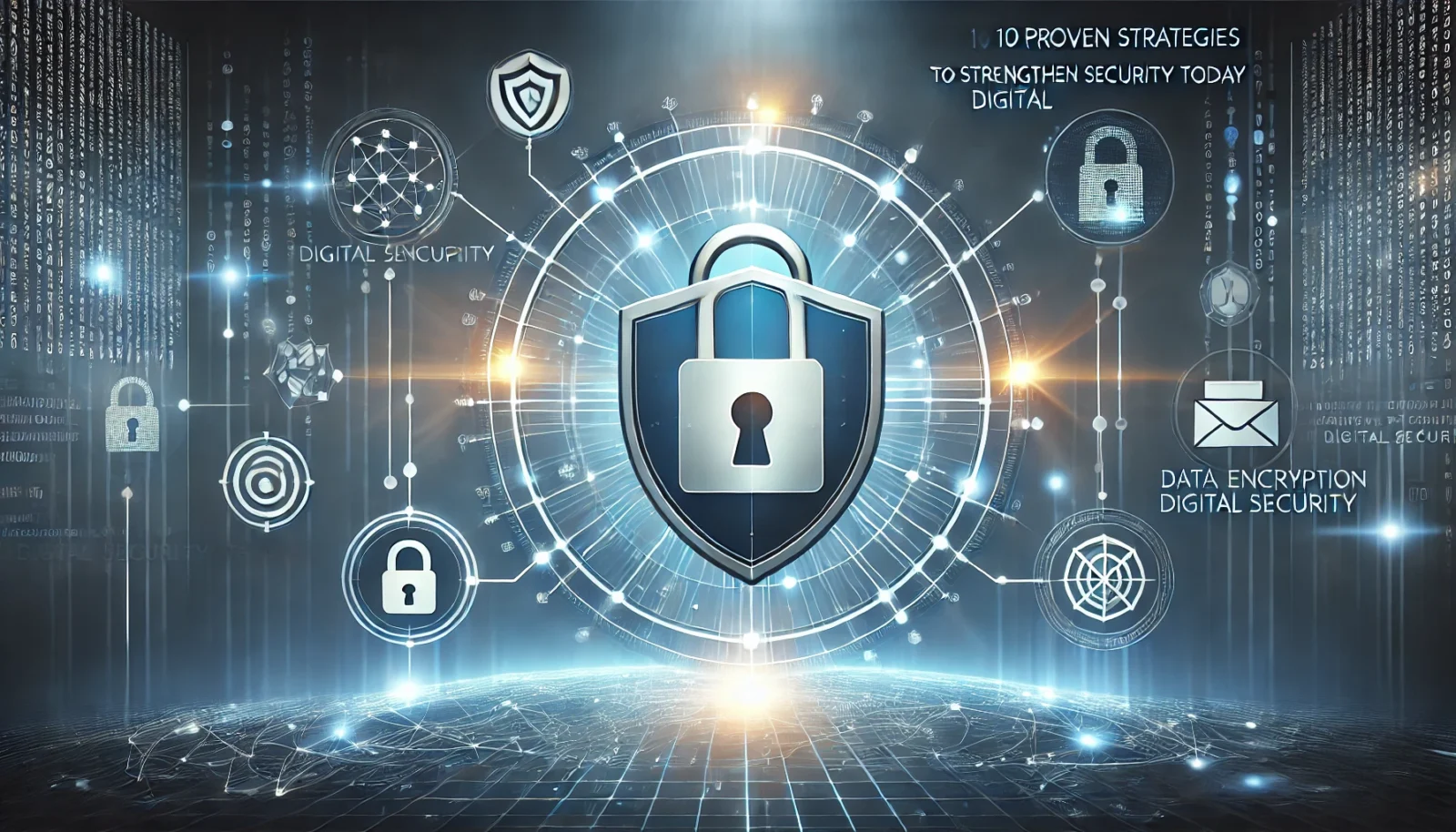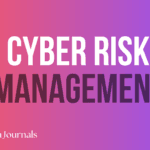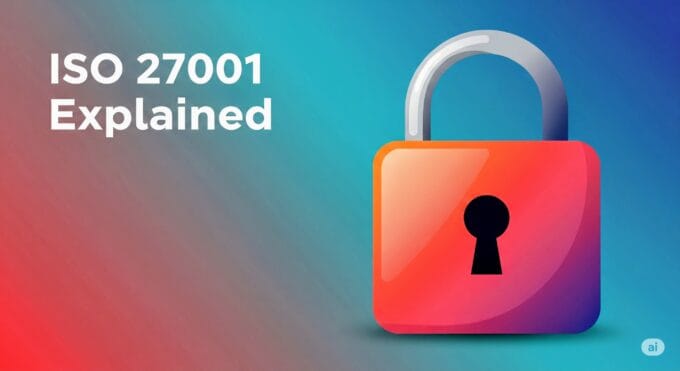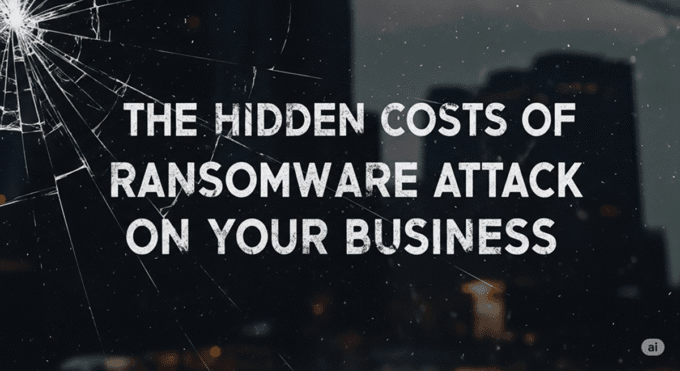In today’s world, where cyber threats are becoming more and more common, protecting our personal information and company data is no longer just a nice thing to have—it’s something we all need to take seriously. With a continual rise in cyberattacks, data breaches, and identity theft incidents, the imperative for robust digital security measures is paramount. This blog aims to delve into advanced strategies for enhancing your digital security posture, empowering you to effectively mitigate risks associated with data compromise, whether it pertains to sensitive corporate information or personal datasets.
Enhancing Your Digital Security: Advanced Strategies
1. Choose Strong and Unique Passwords!
Most data breaches happen because people use weak passwords. To protect your accounts, make sure your password is at least 12 characters long and includes a mix of uppercase letters, lowercase letters, numbers, and special symbols. It’s a good idea to use a reliable password manager to help create and store unique passwords for each of your accounts, keeping them safe and secure.
Helpful Tip: Try to steer clear of basic words or phrases like “1234” or “password.” Hackers often start by guessing these easy options.
2. Implement Multi-Factor Authentication (MFA)
MFA adds a critical security layer by requiring multiple forms of verification to gain access to accounts. Even if an attacker acquires your password, MFA can thwart unauthorized access.
Common MFA modalities include:
- Time-based One-Time Passwords (TOTP) via SMS
- Authenticator applications (e.g., Google Authenticator)
- Biometric verification methods (e.g., fingerprint or facial recognition)
3. Keep Your Software Up to Date
Using old software can make your devices vulnerable to hackers. To help protect yourself, make sure that your operating systems, web browsers, and apps are set to automatically update. This way, you’ll have the latest security features to keep your information safe.
Insight: Over 60% of data breaches can be attributed to vulnerabilities within unpatched software.
4. Keep an Eye on Your Money and Credit Reports
It’s important to regularly check your bank accounts and credit reports for any unusual activity. By spotting potential problems early on, you can take steps to address them quickly. This helps protect both your finances and your reputation.
5. Be Careful When Using Public Wi-Fi
Public Wi-Fi networks present significant security vulnerabilities. Leverage a Virtual Private Network (VPN) to encrypt your internet traffic and protect your data from prying eyes. Best practice: Avoid accessing sensitive platforms, such as banking sites, over unprotected networks.
6. Provide Thorough Security Training
Human mistakes are often the main cause of online security problems. It’s important to educate yourself and your team about common scams, dangerous websites, and simple tips for staying safe while using the internet.
Key statistic: Organizations that invest in cybersecurity training experience, on average, 45% fewer security incidents.
7. Strengthen Your Home Wi-Fi
Make your home Wi-Fi more secure by changing the default settings and password on your router. Use the strongest encryption available, like WPA3, to protect your connection. It’s also a good idea to keep an eye on the devices connected to your network for anything unusual.
8. Back Up Your Important Files Regularly
Make it a habit to back up important files using online storage services or external hard drives. This helps to keep your data safe, especially if you ever face issues like a ransomware attack, which can lock you out of your files.
9. Minimize Social Media Exposure
Be careful about how much personal information you share online, as it can make you more exposed to hacking. Keep private details—such as where you live, your birthday, and family names—hidden.
10. Use Antivirus and Antimalware Software
Protect your devices by using good security programs that can find and stop harmful attacks. Pick software that offers continuous monitoring for threats and keeps itself updated regularly.
Frequently Asked Questions About Digital Security
1. Why is digital security so important today?
Digital security protects sensitive information from being stolen or misused. In 2023 alone, 76% of businesses reported at least one cyberattack, demonstrating the urgent need for better security measures.
2. What are the most common threats to digital security?
Common risks include phishing attacks, malware, ransomware, weak passwords, and unsecured Wi-Fi networks. Cybercriminals often exploit these vulnerabilities to gain unauthorized access.
3. How can I assess my current level of digital security?
Start by conducting a security audit. Check your devices for outdated software, weak or reused passwords, and the presence of anti-virus tools. An audit helps identify gaps in your security practices.

















Leave a comment